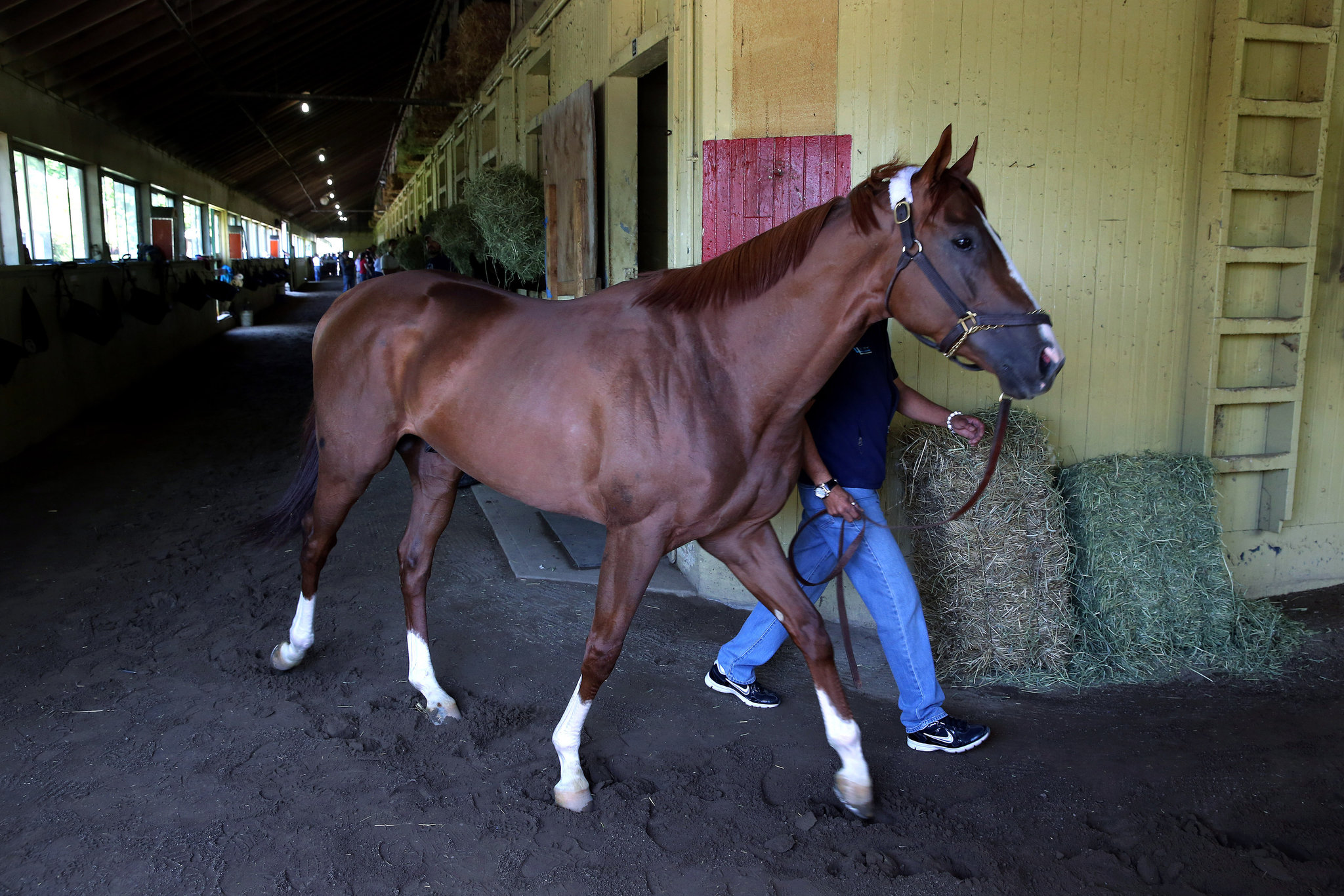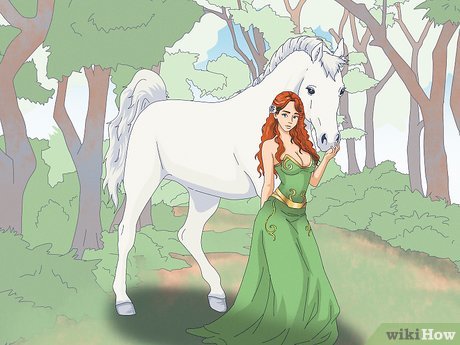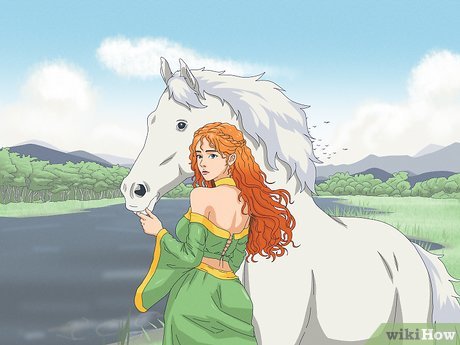Horse Omens and Superstitions Throughout History

Horses have long been revered creatures in many cultures, often associated with power, freedom, and mysticism. Throughout history, various omens and superstitions involving horses have influenced human behavior, beliefs, and traditions. This article explores these fascinating beliefs, their origins, and their meanings.
Historical Significance of Horses in Omens

Horses were not only vital for transportation and warfare but also held spiritual significance. Many ancient civilizations believed horses could predict future events or serve as messengers from the divine.
| Civilization | Horse-Related Belief or Omen | Meaning or Purpose |
|---|---|---|
| Ancient Greece | Seeing a white horse was a sign of victory and purity | Symbolized success and divine favor |
| Norse Mythology | Sleipnir, Odin’s eight-legged horse, represented travel between worlds | Connection to the supernatural and prophecy |
| Celtic Traditions | Horses were linked to fertility and protection | Used in rituals to ensure good harvests and ward off evil |
Common Horse Omens and Their Interpretations
- A horse neighing at night: Often considered a warning of impending danger or death.
- A horse refusing to cross a threshold: Believed to indicate bad luck or a curse on the household.
- A horse shaking its mane: Seen as a sign that a visitor or news is approaching.
Superstitions Involving Horseshoes
One of the most enduring horse-related superstitions involves horseshoes. Hanging a horseshoe above a door is thought to bring good luck and protect against evil spirits.
- Orientation matters: A horseshoe hung with the ends pointing upwards is said to collect and hold good luck.
- Material significance: Iron horseshoes are believed to ward off witches and malevolent forces.
FAQ
Q: Why are horseshoes considered lucky?
A: Horseshoes are made of iron, a metal historically believed to repel evil. Their crescent shape also symbolizes the moon, which is associated with protection and fertility.
Q: Are horse omens universal?
A: While many cultures have horse-related superstitions, the specific meanings and beliefs vary widely depending on local traditions and historical context.
Q: How did horses become linked to supernatural beliefs?
A: Due to their strength, speed, and importance in human survival, horses were often seen as mystical creatures capable of bridging the natural and spiritual worlds.
Conclusion
Horse omens and superstitions offer a window into how humans have historically interpreted the natural world and sought meaning in animal behavior. These beliefs continue to influence folklore and cultural practices today, reflecting the enduring bond between humans and horses.
